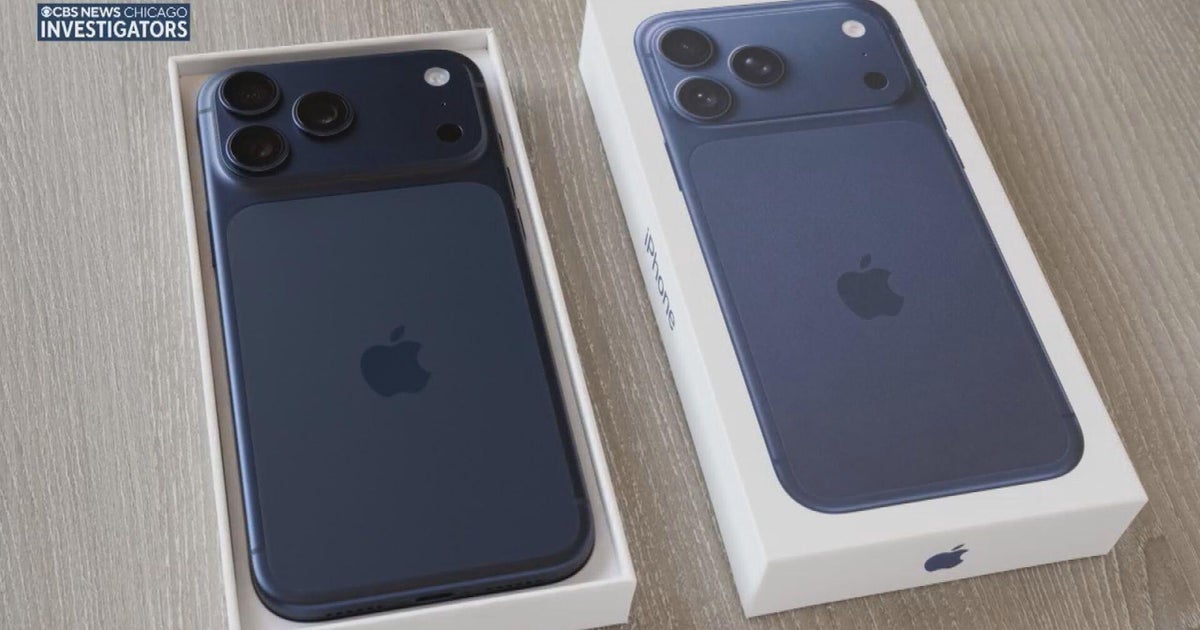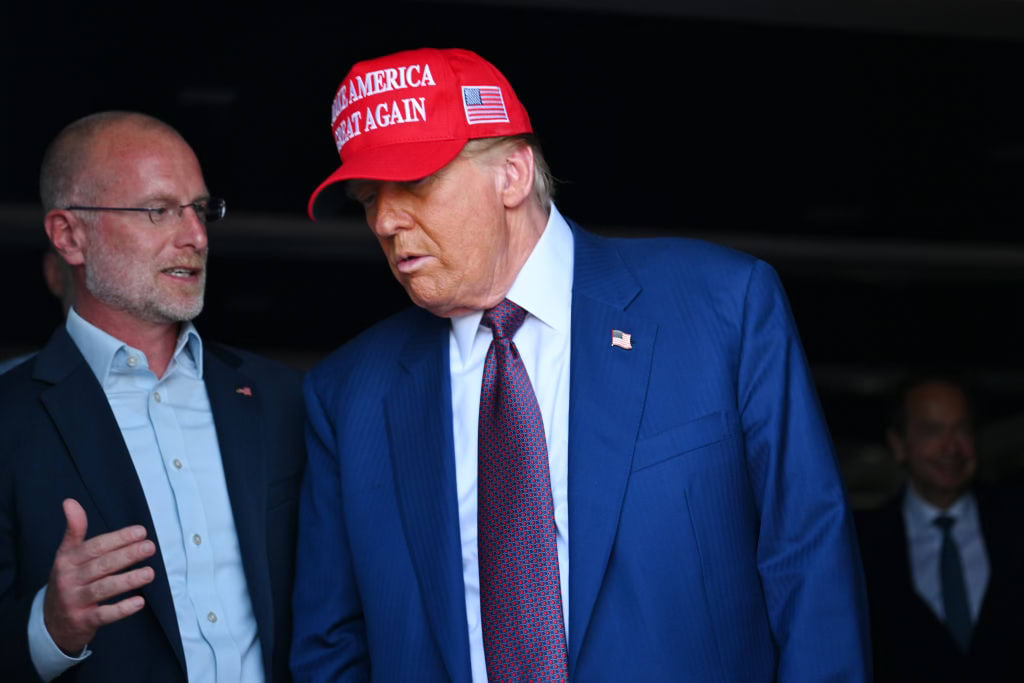T-Mobile, Sprint CEOs insist merger would benefit consumers, but some are skeptical
T-Mobile's proposed purchase of Sprint would create jobs and lower costs for consumers, T-Mobile CEO John Legere and Sprint Executive Chairman Marcelo Claure said in testifying before a House panel on Wednesday, though some lawmakers expressed concerns about the $26.5 billion deal.
The merger joining the third- and fourth-largest U.S. wireless carriers would create a more viable rival to industry leaders AT&T and Verizon, and enable the new T-Mobile to ensure U.S. leadership in rolling out a 5G network, the executives said. They also cited a letter submitted last week to the Federal Communications Commission vowing not to raise prices for three years.
Despite such promises, Pennsylvania Democrat Mike Doyle questioned whether combining the companies would reduce competition and increase consumer costs.
If the merged company does ultimately hike costs, "Are consumers supposed to come to the FCC?" asked Phillip Berenbroick, senior policy counsel for Public Knowledge, during the House communications subcommittee hearing, the first into a merger in nearly nine years. "It seems impractical and unenforceable," he added.
Regulators, not lawmakers, determine whether companies are allowed to merge, but members of Congress can weigh in on the issues raised. T-Mobile's bid for Sprint is also before the Justice Department and the Federal Communications Commission.
A group of eight Democratic U.S. senators and independent Senator Bernie Sanders urged the Justice Department and Federal Communications Commission on Tuesday to reject a proposed $26 billion merger of T-Mobile US Inc and Sprint Corp.
Starkly different predictions were made for how many jobs would be created or lost because of the proposed deal.
"Our merger will be jobs-positive from day one and going forward," said Legere, who estimated the combined companies would hire an additional 11,000 employees by 2024.
But Chris Shelton, president of the Communications Workers of America, expressed skepticism."Such promises are just cheap sales talk, and are easily broken," he said. "The merger will mean pink slips for 30,000."
Telecom analyst Craig Moffett of MoffettNathanson Research notes that AT&T and T-Mobile likewise claimed that joining forces would mean better wireless coverage for U.S. customers, lower prices and job growth. Once Obama-era regulators rejected that merger, both AT&T and T-Mobile managed to build out 4G LTE networks.
Lawmakers also heard from the Rural Wireless Association, which opposes the merger on grounds that wireless industry consolidation would lead to higher telecom costs for rural Americans.
The Innovation and Technology Foundation weighed in on behalf of the merger, saying a small number of providers can more easily provide the infrastructure for a given customer base.
-- The Associated Press contributed to this report



